Swiss weigh up consequences of Brexit vote
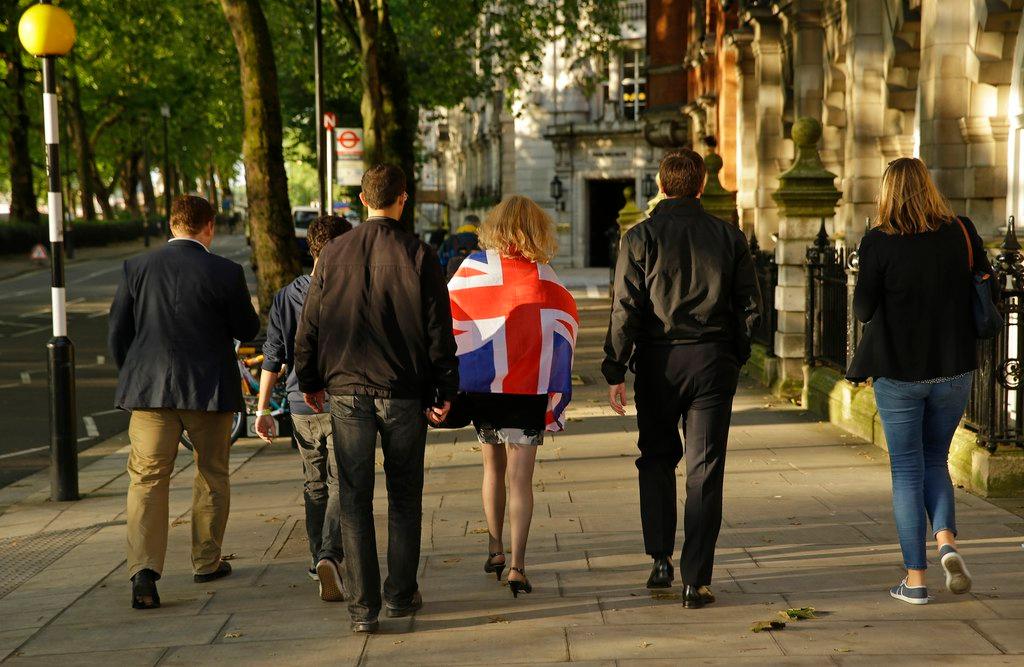
Britain has decided to leave the European Union. The immediate effects for Switzerland include a strengthening franc, Swiss National Bank intervention and a government helpline for concerned citizens and businesses. In the long term, sorting out a free movement deal with Bern has dropped far down the list of priorities for Brussels.
In a final result on Friday morning, the “leave” side won 51.89% of the vote and the “remain” side 48.11%.
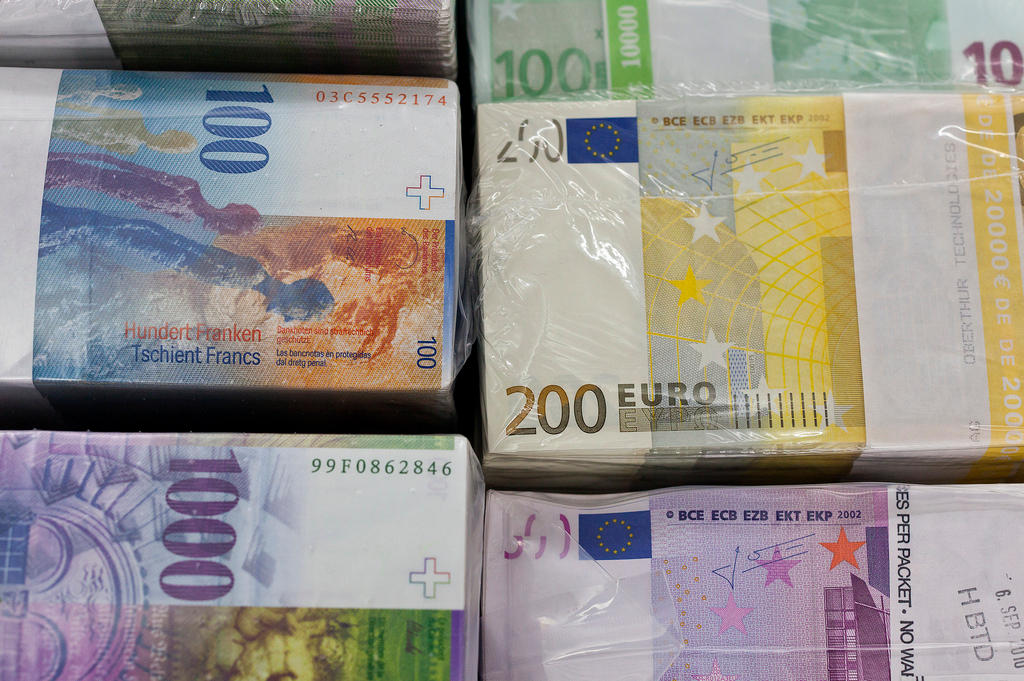
More
Swiss markets tumble on Brexit news
The Swiss foreign ministry immediately announced a helpline had been set up for Swiss citizens and businesses wanting to know what Brexit could mean for them: 0800 247 365 in Switzerland (free) and 0041 800 247 365 from abroad (charge incurred).
“The current regulations regarding Swiss citizens and companies will remain valid for the time being and nothing will change immediately,” the ministry said in a statement on Friday. “There is, however, a high level of demand for information from Swiss citizens in Switzerland and abroad.”
Swiss stocks fell sharply and the franc increased in strength as the vote result reverberated around the markets.
An additional concern for the Swiss cabinet is that it was hoping to reach an agreement with the EU on curbing immigration in the near future – it has a February 2017 deadline. Swiss Foreign Minister Didier Burkhalter told Swiss public radio, RTS, that Switzerland was sticking to its planned negotiating schedule with Brussels.
“We are totally prepared to accelerate things to find a solution this summer, an essential condition so that the Swiss parliament can give its position in time,” he declared.
For his part, the EU ambassador to Switzerland, Richard Jones, in a brief written statement said “it is too early to tell what effect the British vote will have on outstanding issues between the EU and Switzerland.”
But following the Brexit decision, some observers say Switzerland will be the least of the EU’s worries for several years while Brussels and London negotiate their divorce.
“It’s very bad news,“ Gilbert Casasus, a professor at the University of Fribourg and an expert on European affairs, told the Tribune de Genève and 24 Heures. “This morning I heard a politician from the Labour Party say it was a terrible day for the United Kingdom and a terrible day for Europe. You could add that it’s also a terrible day for Switzerland.”
That said, Casasus thought Switzerland still had room to manoeuvre, “but Switzerland is obviously no longer a priority for the EU whatsoever. If Switzerland’s head negotiator Jacques de Watteville were to knock on the European Commission’s door today, they’d tell him to come back later since they’ve got other things to do than deal with the Swiss dossier”.
Affected ‘politically and economically’
Economics Minister Johann Schneider-Ammann, who holds the rotating Swiss presidency this year, said the result affected Switzerland “directly and indirectly, politically and economically” and relations between Switzerland and Britain needed to find new “foundations”.
“It hasn’t become easier to get to the negotiating table with the EU and reach an agreement during this summer,” he admitted.

More
How Switzerland reacted to Brexit on social media
However, he remained confident that a solution could be found “in the next one or two years“. He is also optimistic that Switzerland will be able rejoin the European research project Horizon 2020 as an associate member. Brussels froze Switzerland out of the project after the 2014 vote.
Schneider-Ammann expected the British vote to have a negative effect on the Swiss financial sector, from the Swiss franc to extra pressure on exports.
He said instability risked hampering investment and could lead to an increase in unemployment in Switzerland as part of a slump in growth.
“It’s a difficult day for Europe,” he said, adding that his personal motivation had been and would remain to fight for the interests of Switzerland and its economic independence.
Burkhalter didn’t think much would change in the short term for Swiss-EU relations – “the challenges remain the same”, he said.
The foreign minister believed it was important – “now more than ever” – that Switzerland and the EU evolve in a pragmatic manner. As for Switzerland’s relations with Britain, he said one had to remain “pro-active and constructive”.
“It will, however, be necessary to find solutions, since up to now these relations have been dealt with through agreements with the EU and, in the long term, that will no longer be the case,” he said.
Stefanie Walter, professor for International Relations and Political Economy at Zurich University, tweeted:
Swiss populists are rejoicing. But #EURefExternal link vote means that Switzerland will not get any concessions from EU in ongoing #MEIExternal link negotiations now
— Stefanie Walter (@stefwalter__) June 24, 2016External link
Switzerland ‘marginalised’
Switzerland’s window to Brussels is closing over the short and medium term, according to Gille Grin, director of the Lausanne-based Jean Monnet Foundation, which supports initiatives dedicated to the construction of European unity. “The British vote on Thursday has marginalised Switzerland.”
On the other hand Oskar Freysinger from the rightwing anti-EU Swiss People’s Party said a window was opening and there was no need to rush into action. With Britain’s leaving, the EU was weaker and was going to fight for its survival, he believed.
“All of a sudden Switzerland has better cards for negotiating with Brussels,” he reckoned.
Former Swiss foreign minister from the leftwing Social Democratic Party Micheline Calmy-Rey agreed, saying Brexit could strengthen Switzerland’s position at the negotiating table.

More
Analysis: Understanding the Brexit outcome
“Switzerland should not run to Brussels to sign an EU agreement,” she said, explaining that Brexit could result in the EU accepting integration models that are more varied and not sticking to the view that one is either inside Europe or outside Europe.”
The Neue Zürcher Zeitung was less optimistic. “For the EU, the decision could hardly come at a worse time after the euro and refugee crises. … The Swiss will also feel the effect [of the Brexit] as their ongoing negotiations now face a blockade, as Brussels now has very different concerns.” it wrote.
“Thanks to this reclaiming of sovereignty, [Britain] can take back control over immigration and simultaneously make use of economic opportunities in the world outside the EU. Whether such melodic promises from the Brexit supporters prove to be of substance or turn out to be just an illusion remains to be seen. Whatever happens, what must be avoided is that a post-Brexit Britain becomes an introverted country in self-elected isolation.”

More
After the Brexit earthquake
The People’s Party said in a statement: “The result, and also the huge discussion during the referendum campaign, has once more shown that in matters affected by the EU, there is a large divide between the political elite and the general public.“
It added: “In Britain, people also see the everyday negative effects of the uncontrolled migration storm and, with that, the pressure on wages and prosperity. The British people have not taken a decision against Europe, but rather against the faulty construction of the EU.“
“A bad day for Europe and Switzerland” was the headline of a statement released by the Social Democrats. Switzerland would be “directly and negatively affected” by the decision of the British people, which will lead to insecurity and instability, it said.
Years of negotiations
With the result in favour of an EU exit, Britain becomes the first major country to decide to leave the bloc, which evolved in the ashes of the Second World War as European leaders sought to build links and avert future hostility. Authorities ranging from the International Monetary Fund to the US Federal Reserve and Bank of England warned a British exit would reverberate through a world economy that is only slowly recovering from the global economic crisis.
The result triggers a new series of negotiations that is expected to last at least two years as Britain and the EU search for a way to separate economies that have become intertwined since Britain joined the bloc on January 1, 1973. Until those talks are completed, Britain will remain a member of the EU.
Viviane Reding, the former European Commissioner for Justice and Consumers, tweeted:
A successful divorce is better than a failed marriage. Good luck to this new and future third country! #BrexitExternal link
— Viviane Reding (@VivianeRedingEU) June 24, 2016External link
The European Union is the world’s biggest economy and Britain’s most important trading partner, accounting for 45% of exports and 53% of imports.
Swiss reaction in London
For many of the Swiss who live and work in London, it was a brutal awakening on Friday. ‘Day of mourning’, ‘knock-out’, ‘bad dream’ and ‘nightmare’ were among the terms used to describe the decision.
Antoine Sandoz, a jeweller from la Chaux-de-Fond who has lived in London for 15 years, said: “The worst-case scenario is taking shape. Some of my friends confessed to me recently that, like some of the British, they were considering leaving the United Kingdom if Brexit were to become a reality. I was proud to live in Britain and to watch my children grow up here. Now I’m angry and frustrated by the result.”
“I’m angry and nervous,” said Alexandre Bettler, a baker in the Hackney neighbourhood of London who is originally from canton Vaud. “I left Switzerland to get away from closed-mindedness. I thought of Britain as more open and culturally richer, and now here I am in the same environment, not knowing where to turn in order to get away from this attitude of insularity and isolationism.”
For the 50-something Bernese professor Samuel Fankhauser, who teaches at the London School of Economics, the surprise is even greater because “even the Brexiteers didn’t expect to win the bet. As a result, we don’t quite know what to do now”. It’s a bit like the reaction in Switzerland after the anti-immigration vote passed, he said. “You have to try to make the best of an uncomfortable result.” The British vote “isn’t just anti-Brussels; it’s anti-everything,” he said, and this could accelerate a takeover by a bad government.
(Source: Swiss News Agency)
What is your reaction to the news that Britain has voted to leave the EU?

In compliance with the JTI standards
More: SWI swissinfo.ch certified by the Journalism Trust Initiative
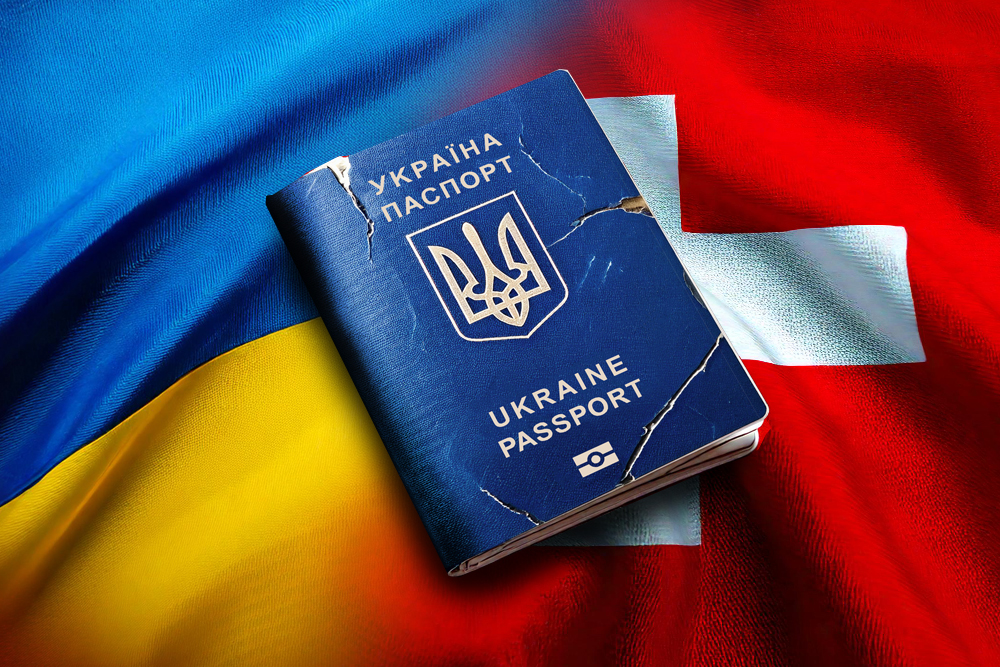
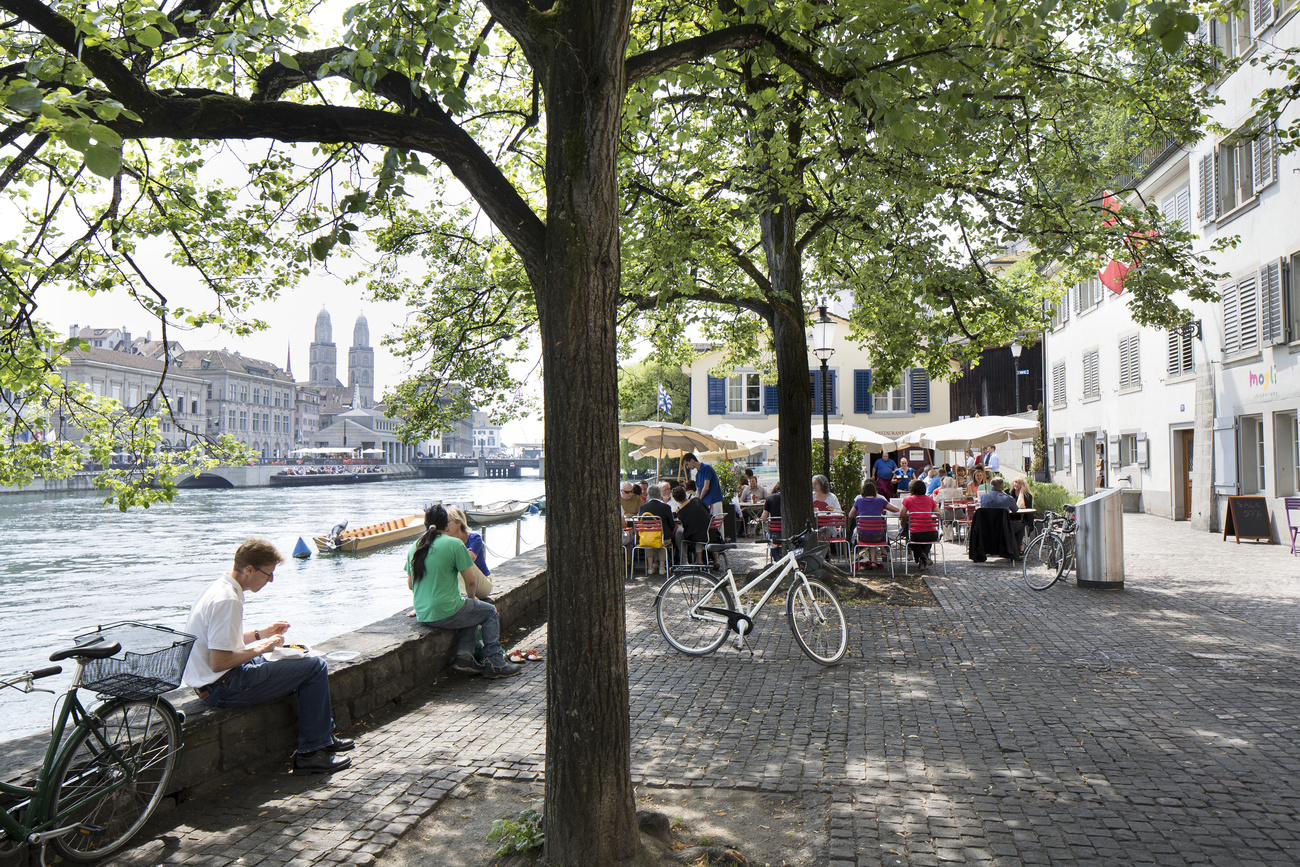






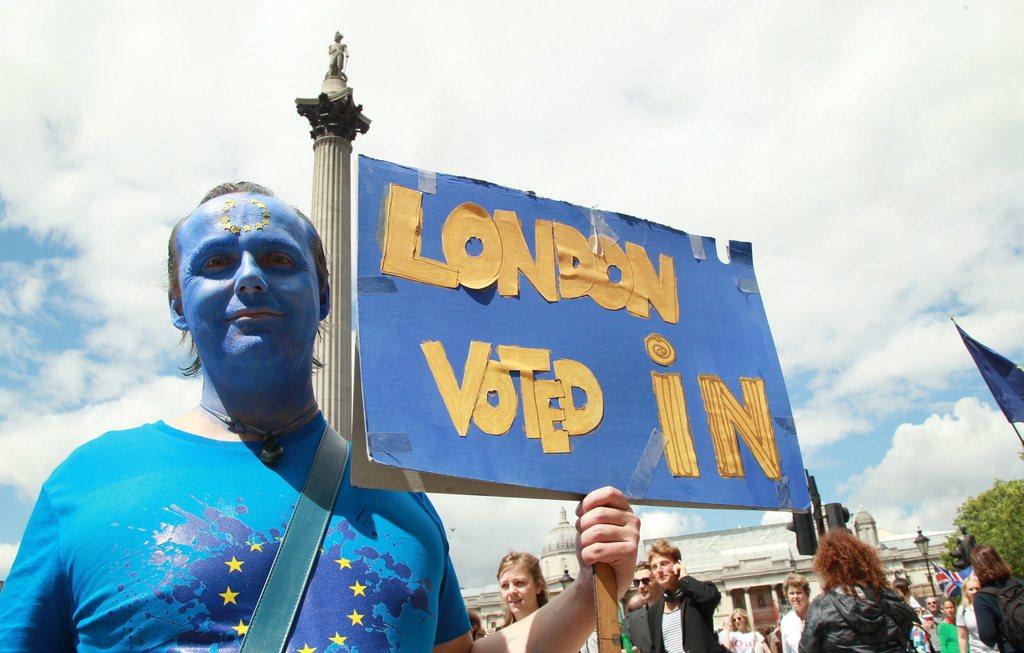

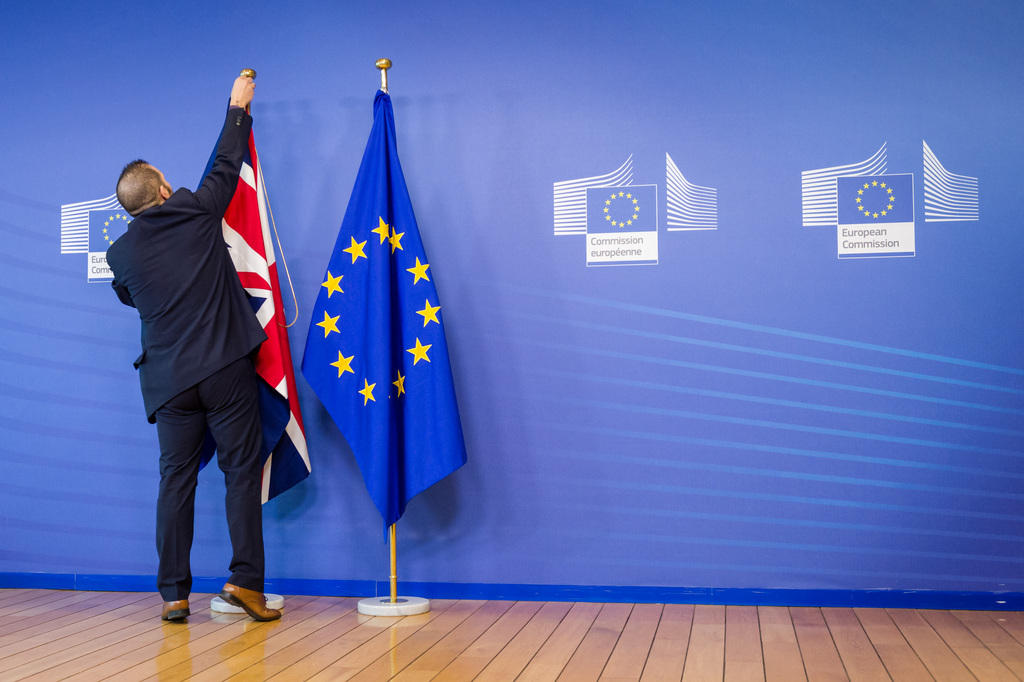
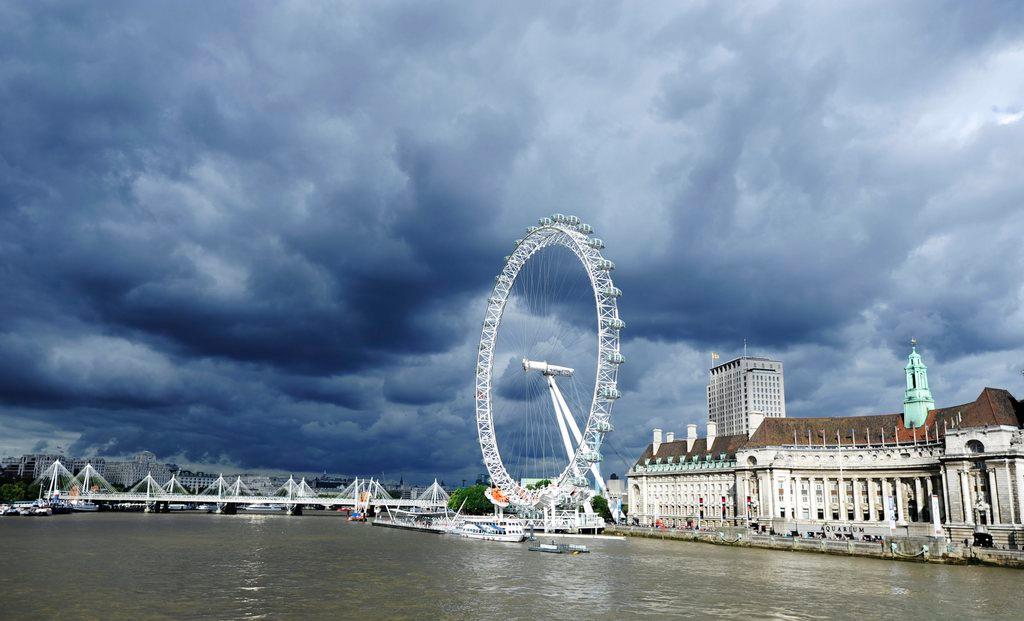
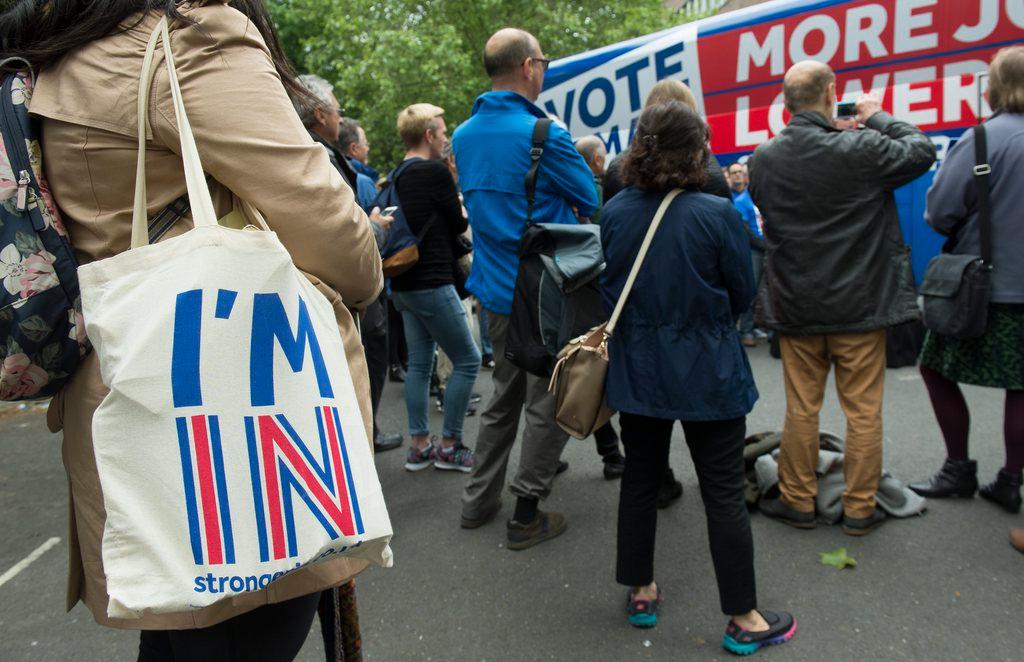
You can find an overview of ongoing debates with our journalists here . Please join us!
If you want to start a conversation about a topic raised in this article or want to report factual errors, email us at english@swissinfo.ch.